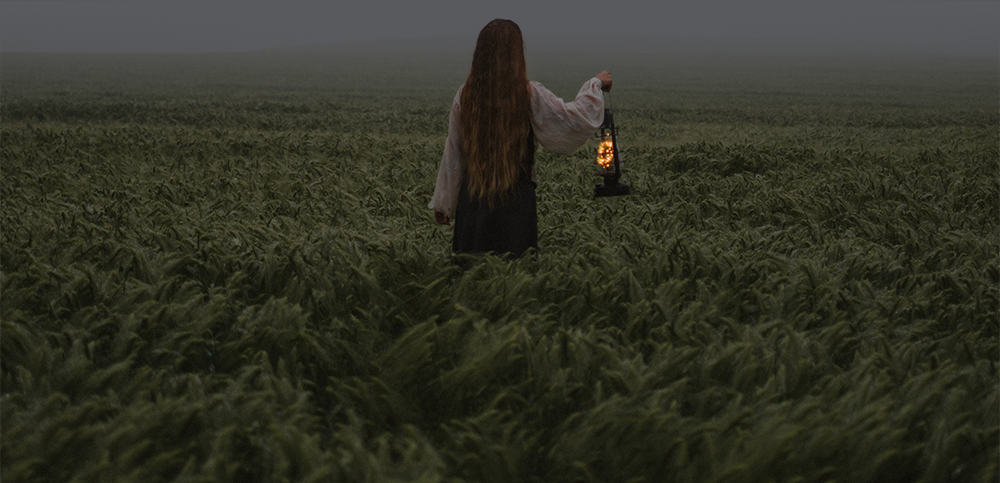| TOOLBOX TIPS |
|
Recently a doula on Facebook asked if anyone had supported a client with dementia through Voluntarily Stopping Eating and Drinking (VSED). The Compassion and Choices website has a lot of valuable information.
|
 |
Two doulas also shared their tips:
- This book, The VSED Handbook: A Practical Guide to Voluntarily Stopping Eating and Drinking, is a great resource. The author writes about her mother choosing VSED after being diagnosed with Alzheimer’s. It’s short, maybe 80 pages, but very comprehensive. —Kirstin Briones
- The video Jane’s VSED Journey is a great resource for VSED questions. —June Rzendzian Jacobson
|
 |
|
| SHARING SOURCES |
| Artifcts |
|
Artifcts’ cofounders Heather Nickerson and Ellen Goodwin worked together at the Central Intelligence Agency and founded Artifcts to preserve personal and global history as represented by the objects of our lives.
|
 |
|
The app allows one to capture an image of an object and catalog it. Each image can be accompanied by words, tags, pricing, links, dates, country of origin, and more. The tool can be used by people who are downsizing, looking to pass along heirlooms, creating a catalog of objects for a client or loved one, and sharing the relevance of the item with others.
|
|
|
 |
|
ASK INELDA
|
 |
|
When I originally signed up for my training, I was thinking about becoming a doula for my family. But now I am getting the vibe that I shouldn’t be there in this capacity, and I hope to understand why.—Training participant
|
| Educator Wilka Roig: Our stance is we are not doulas with loved ones or people we know—friends, friends of friends, parents, or any of these close relations. Being a doula is about remaining objective and not having a personal investment in the person’s rights, choices, and the course of their condition. With close relations, it can be hard to not be invested emotionally. When we go into those spaces we are loved ones, family members, or community members who “know some stuff”. We know we have some information that could be useful in the context. READ MORE
|
| Please submit questions to [email protected] |
|
 |
|
| SELF-CARE |
|
Lighting the Dark Night
|
“Spring passes, and one remembers one’s innocence. Summer passes, and one remembers one’s exuberance. Autumn passes, and one remembers one’s reverence. Winter passes, and one remembers one’s perseverance.” —Yoko Ono
There’s a reason so many winter holiday traditions celebrate with light, from the bulbs on Christmas trees to the candles of Hanukkah and Kwanzaa: It’s dark out there. Earlier sunsets can make 4 p.m. feel like midnight. That darkness, of course, can affect our mood—millions suffer from seasonal affective disorder (SAD). Studies show this can disrupt our circadian rhythms and serotonin and melatonin levels, resulting in depression, fatigue, difficulty concentrating, and more.
The Centers for Disease Control and Prevention reports that older adults are at a greater risk than younger people of developing depression, but are often misdiagnosed or undertreated for it. From social isolation to comorbidities, they are at higher risk for all types of depression. Research also shows that caregivers are vulnerable to similar symptoms. For both groups, this can be exacerbated by shifts in hours of daylight. This means it’s time to double down on self-care as you tend to others who may also be suffering from depression in addition to their end-of-life experience. Give these tips a try as you navigate this time of year. READ MORE
—Valerie Reiss
|
|

